Who Services The Main Drain From The House To The Septic Tank
 |
| Who Services The Main Drain From The House To The Septic Tank |
As a homeowner, you are responsible for maintaining the main drain that connects your house to the septic tank. This crucial component of your home's plumbing system is responsible for transporting wastewater from your sinks, toilets, and other fixtures to the septic tank for treatment and disposal.
Neglecting this important maintenance task can result in costly repairs and potentially hazardous conditions. While it may be tempting to try to handle drain maintenance on your own, it is highly recommended that you enlist the services of a professional plumber or septic service provider.
These experts have the knowledge and equipment necessary to properly inspect and maintain your drains, ensuring that they remain in good working order. In this article, we will explore who exactly is responsible for servicing the main drain from your house to the septic tank, signs of potential problems with your drain system, as well as some DIY tips for keeping everything running smoothly.
Key Takeaways
- Homeowners are responsible for maintaining the main drain from their house to the septic tank.
- Professional plumbers or septic service providers are recommended for drain maintenance to prevent costly repairs and hazardous conditions.
- Regular maintenance, either through hiring a professional or DIY, is crucial to prevent clogs, backups, and other issues.
- Professional inspection and maintenance by licensed plumbers are highly recommended to prevent major issues and extend the lifespan of the septic system.
Homeowner Responsibility for Main Drain Maintenance
You're responsible for maintaining the main drain from your house to the septic tank, so don't neglect it or you'll be dealing with a messy and expensive problem.
Regular maintenance is crucial to prevent clogs, backups, and other issues that can result in costly repairs. The frequency of maintenance depends on various factors, such as the size of your household, the age of your pipes, and your usage habits.
The cost of maintenance can vary depending on whether you hire a professional plumber or do it yourself. If you choose to do it yourself, you'll need some basic tools like a snake or an auger to remove any blockages in the drain.
You may also need to use chemical cleaners or natural remedies like baking soda and vinegar to keep the drain clean and odor-free. However, if you're not comfortable doing it yourself or don't have the necessary skills or tools, it's best to hire a professional.
Professional inspection and maintenance is essential for ensuring that your main drain is functioning properly. A licensed plumber can inspect your pipes using specialized equipment like cameras and sensors that can detect any potential problems before they become major issues.
They can also perform routine cleaning and repairs as needed to keep your system running smoothly. Investing in professional services may seem costly at first but is worth it in terms of preventing more significant damage down the line.
Taking care of your main drain is essential for maintaining a healthy septic system and avoiding costly repairs down the line. As a homeowner, you're responsible for regular maintenance of this critical component of your plumbing system.
Whether you choose DIY methods or opt for professional services depends on several factors like cost, convenience, and expertise required. Nonetheless, regular inspections by licensed plumbers are highly recommended irrespective of whether you DIY maintenance at home or not because they help detect potential problems early enough before they become too great to handle alone!
Professional Inspection and Maintenance
Maintaining the health of your septic system is crucial for its longevity and proper functioning, so it's important to have regular inspections conducted by a professional. Professional inspection and maintenance can help you prevent costly repairs or replacements.
During inspection, a licensed professional will assess the condition of your septic tank installation and ensure that the septic system design meets current standards. Professional inspection typically involves checking the main drain from your house to the septic tank to identify any blockages or leaks. The inspector will use specialized tools and equipment such as cameras to inspect inaccessible areas of your plumbing system. They'll also check whether there are any signs of sludge buildup in your tank. This process helps determine if pumping out sludge is necessary.
Regular maintenance is essential for extending the life span of your septic system. A professional can clean out clogs and remove debris that may cause damage to pipes leading into or out of the tank. Regular inspections can also help detect early warning signs that require immediate attention before problems become more severe.
Regular inspections by a licensed professional are crucial in maintaining a healthy septic system that functions properly over time. With proper maintenance, homeowners can avoid costly repairs and replacements while ensuring their systems remain efficient and effective at all times. Now let's move on to identifying signs of drain problems without skipping a beat!
Signs of Drain Problems
Feeling frustrated with slow-moving water or foul odors coming from your plumbing system? It may be a sign of drain problems that require immediate attention. Don't ignore these symptoms as they can lead to more serious issues down the line.
Here are some signs of drain problems that you should look out for:
Gurgling sounds: If you hear strange noises coming from your sink or toilet, it could be a sign of a clogged drain.
Slow drainage: If water takes longer than usual to go down the drain, it's likely that there's an obstruction in the pipe.
Unpleasant smells: Foul odors emanating from drains is one of the most common signs of blocked pipes.
Water backup: This is when water flows back into other fixtures in your home after flushing the toilet or running the dishwasher.
If you're experiencing any of these symptoms, it's time to call in professionals who specialize in drain cleaning and plumbing services. They have the necessary tools and expertise to diagnose and fix any issues quickly and efficiently.
Now that you know what to look out for regarding potential drain problems, let's move on to some DIY maintenance tips that can help prevent them from occurring in the first place.
DIY Maintenance Tips
To keep your plumbing system running smoothly, it's important to regularly clean out any debris from your sinks and showers. However, that's not all you can do to maintain your drain system. By performing simple DIY repairs and prevention measures, you can help prevent costly problems down the line.
One of the easiest things you can do is pour hot water down your drains once a week. This helps break up any clogs before they become bigger problems. Additionally, using a drain strainer in your sink or shower can help catch hair and other debris before it goes down the drain.
Another way to prevent problems is by being mindful of what goes down your drains. Avoid pouring grease or oil down the sink as it can solidify in your pipes and cause blockages. Also, be careful about flushing non-degradable items such as sanitary products or wipes as they can accumulate over time.
If you do encounter a problem with your drains, there are some DIY repair options available. For minor clogs, a plunger may be effective at dislodging the obstruction. You could also try using a plumber's snake or auger to reach deeper into the pipe and remove the blockage.
By taking these preventative measures and performing simple DIY repairs when necessary, you can save yourself time and money on expensive plumbing services in the future. Plus, maintaining healthy plumbing systems contributes to overall septic system health which we will discuss next.
Maintaining septic system health is crucial for both environmental safety and avoiding costly repairs.
Importance of Maintaining Septic System Health
Did you know that neglecting your home's wastewater management system can have serious consequences for both your wallet and the environment? Regular maintenance of your septic system is essential to ensure its health and longevity.
One of the most crucial aspects of maintaining a healthy septic system is regular pumping. By having your septic tank pumped regularly, you can prevent costly repairs down the line. When waste builds up in your tank, it can cause blockages and backups in your plumbing system. These issues not only require expensive repairs but also pose a risk to your family's health.
Neglecting your septic system can also have severe environmental consequences. When a septic tank becomes too full, it can overflow into nearby bodies of water or leach into the surrounding soil. This contamination harms wildlife and pollutes our natural resources.
Maintaining the health of your septic system is critical for both financial and environmental reasons. Regular pumping ensures that waste does not build up in your tank, preventing costly repairs and protecting the environment from contamination. Remember to schedule routine maintenance with a professional service provider to keep your septic system running smoothly for years to come.
Frequently Asked Questions
How often should the main drain be serviced?
Regular maintenance of the main drain is crucial to avoid clogs, backups and costly repairs. Signs of a clogged main drain include slow draining fixtures and gurgling sounds. Schedule professional cleaning every 3-5 years to prevent issues.
What equipment is used to service the main drain?
To service the main drain, specialized equipment like drain snakes and hydro jetters are used by professional service providers. These tools effectively remove clogs, debris and buildup from the pipes, ensuring efficient flow of waste water to the septic tank.
Is it safe for homeowners to attempt to service the main drain on their own?
Attempting to service the main drain on your own poses numerous DIY risks, such as injury and damage to the plumbing system. It is best left to professionals who have the necessary expertise and equipment to perform the task safely and effectively.
How much does professional main drain servicing typically cost?
The cost range for professional main drain servicing can vary depending on factors such as location, extent of damage, and type of equipment used. On average, homeowners can expect to pay between $200-$500 for this service.
What happens if the main drain is not serviced regularly?
Regular main drain maintenance is crucial to prevent clogs, backups, and potential damage to your septic system. Neglecting this could lead to costly repairs, unpleasant odors, and health hazards from bacteria and sewage backup.
.png)
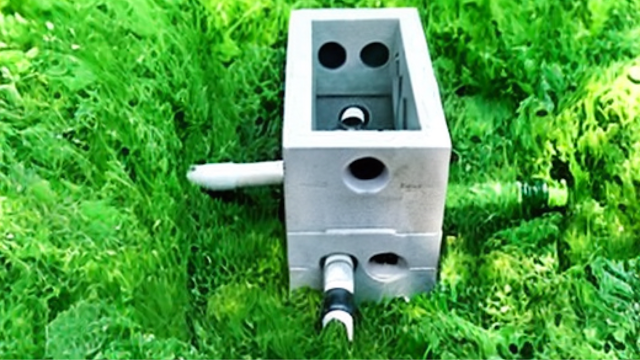

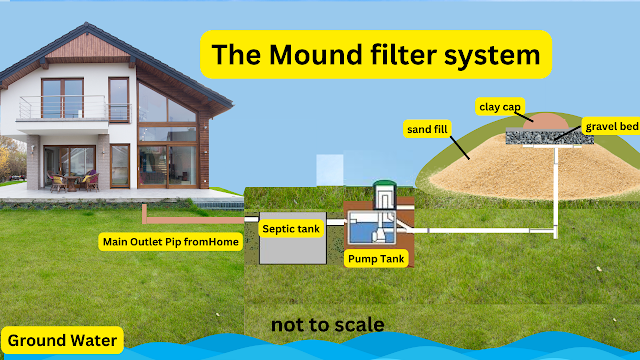
.png)

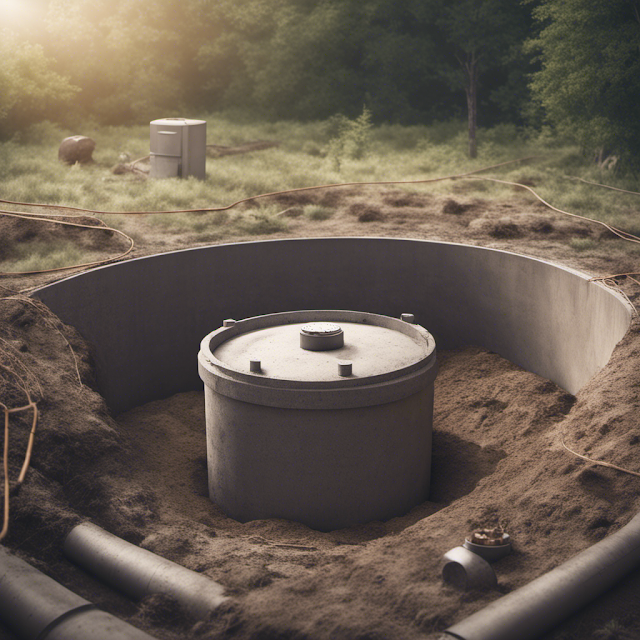
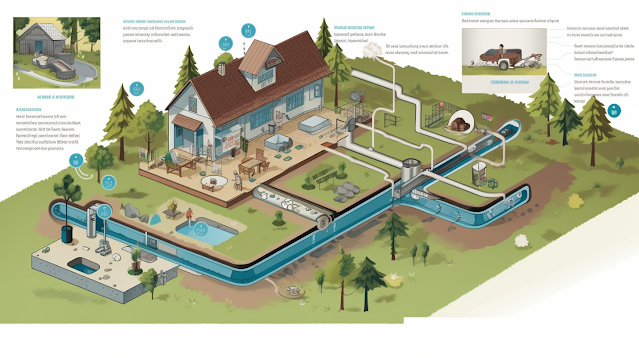
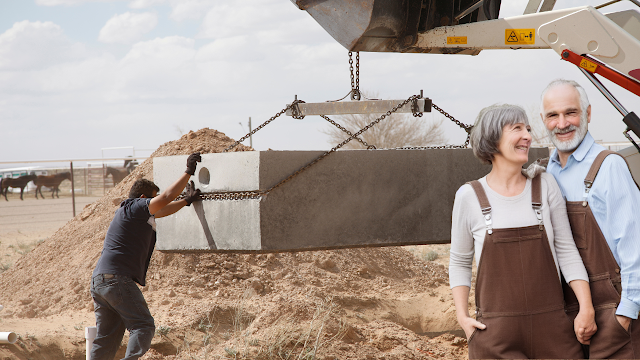


Comments
Post a Comment